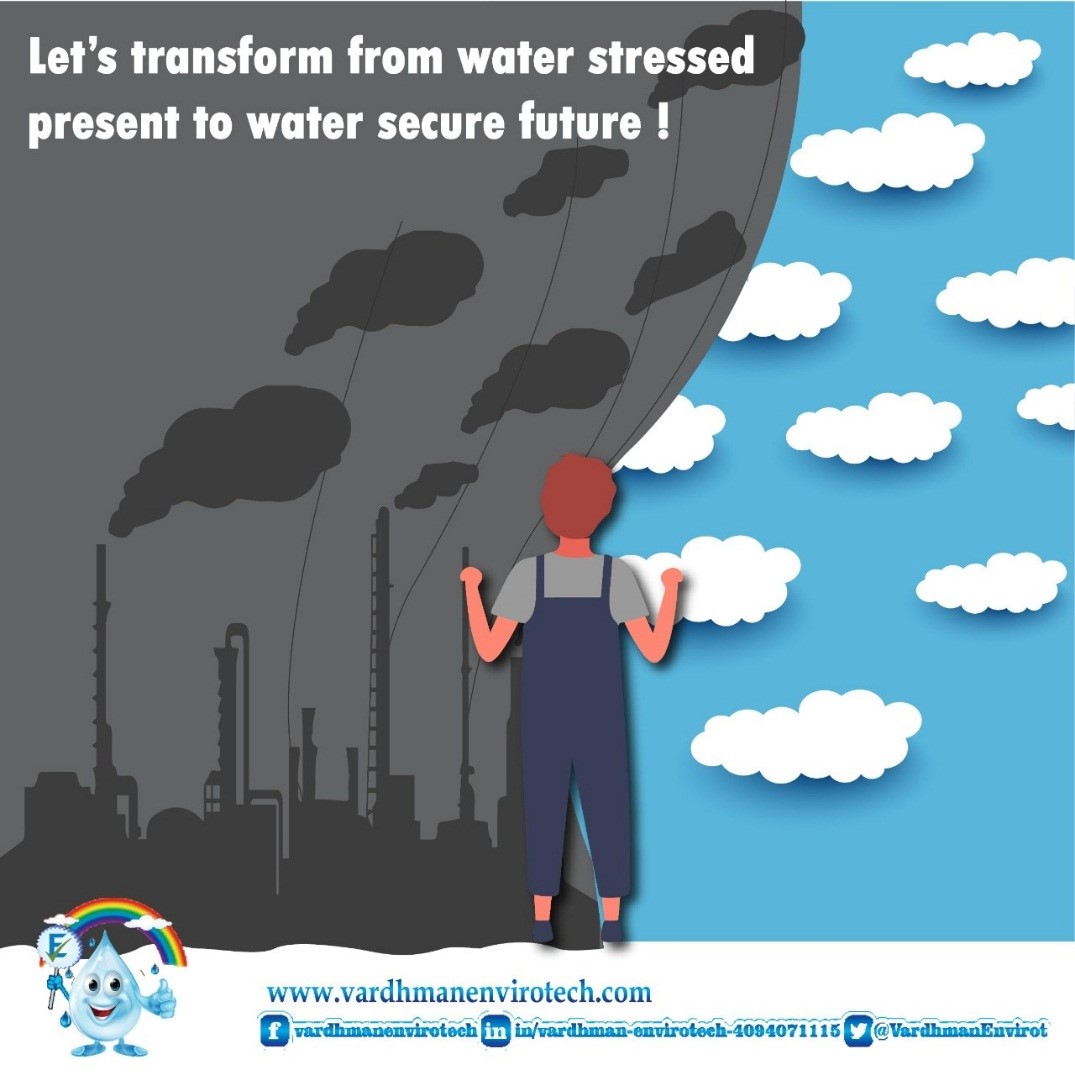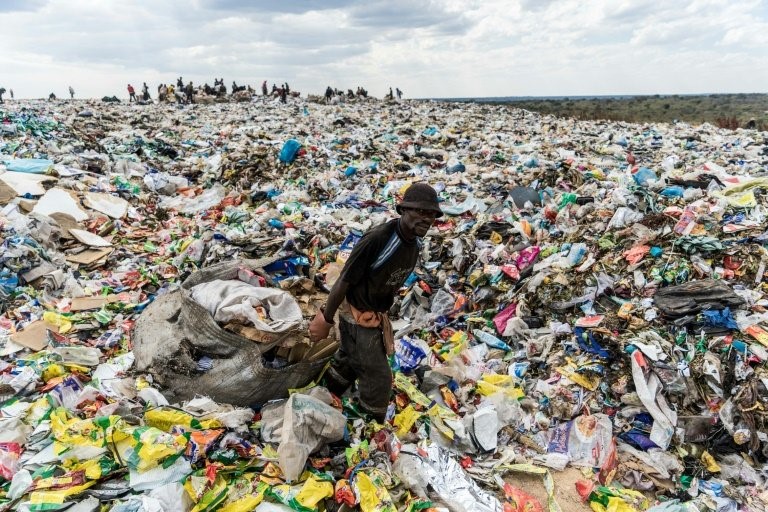Are concerns about global warming exaggerated by over-enthusiastic environment activists? Those who like to wish the problem away would like to think so. They might even remind you of how former US President Donald Trump had infamously ridiculed climate change activists as “prophets of doom” at the World Economic Forum meet in Davos in 2020. He had also dismissed climate advocacy groups as “alarmists” who want to “control every aspect of our lives.”
But in 2023 after the world experienced the hottest July in recorded history and confronted unexpected weather events flash floods, forests fires, melting glaciers, intense heat and ocean waters heating to record levels the sceptics are having second thoughts.

Picture Credit: WordPress.com
The consensus among governments is that we are facing a climate emergency. The realization had dawned a few years ago, but 2023 set the alarm bells ringing louder because of the severity of the decline.
We hear a lot about carpooling, but how many of us implement this in our daily lives?
But despite all the warning signs. I still meet people who say that green activism is just a “fad” practiced by the elite. Climate change, they assert, is nothing new and nature will correct itself. Others point out that global warming is a myth because we still have winters. In fact, warming may not be as bad as it is made out to be, they say, making light of the issue.
Going green should not be perceived as a pastime practiced by people who have nothing better to do. Neither is it a hobby horse for killjoys who derive some pleasure out of waging a war against plastic or air pollution. The realization must dawn that this is a serious issue, and a green lifestyle must be incorporated into all our lives. We must act at the personal and collective levels to save the environment. And all of us, governments included, have a role to play.
As responsible citizens we must lead by example. We hear a lot about carpooling, but how many of us implement this in our daily lives? Even if we do make an earnest start, we soon lose interest because enjoying our private space in a vehicle is no doubt a lot better than sharing it with fellow passengers. Here is where commitment and a small bit of sacrifice comes in. Remember every additional vehicle on the road means more fossil fuel burnt and more air pollution.
No one is asking you to junk your car till such time that you can afford an expensive electric vehicle. But reducing its use will certainly help. Thus, if you can leisurely walk to a nearby destination that would be a better and healthier option than driving. And also keep in mind that a shared vehicle reduces carbon emissions and the number of vehicles on the road.
Then again, we often talk about the wisdom in using public trans- port instead of private vehicles. But the line-up of cars outside schools is proof enough that many parents prefer to send their children in the comfort of personal vehicles rather than in school buses. This must change. We have to begin practicing what we preach and forego some privileges. Remember, green living begins at home.

The same goes for single-use plastic. I know of friends who go shopping in all earnest armed with a cloth or jute bag. But they don’t stop the friendly neighborhood vegetable vendor when he packs beans or tomatoes into a plastic bag, to avoid their getting mixed up in the bag. The upshot of this is that they return from the market with an environment-friendly bag full of non-recyclable plastic!
According to industry estimates, annual plastic production in India stands at 20 million metric tons. Of this about 8.6 million tons is single- use plastic which cannot be recycled. It ends up in landfills or as plastic pollution on the land. It also clogs our rivers and finally ends up in the ocean where environmentalists have identified garbage patches which contaminate the marine ecosystem.

Picture Credit – Phys.org
But what can we do in the face of a plastic explosion with annual production estimated to hit 1.1 billion tons worldwide by 2050? The fight seems one-sided but each of us can contribute. As Bill Gates put it: “The market is ruled by supply and demand, and as a consumer you can have a huge impact on the demand side of the equation. If all of us make individual changes in what we buy and use, it can add up to a lot…”
I know of friends who go shopping in all earnest armed with a cloth or jute bag, only to return with an environment-friendly bag full of non-recyclable plastic.
But though individual action matters, that alone will not do. Those among us who can influence public opinion or government decisions can have an even more profound impact. A collective awakening towards environmental issues and climate change is essential to make governments and industry to act. But at the individual level you can influence your neighbors, community and your club. You can also encourage them to petition governments and captains of industry to bring about change. Collective pressure often works.
The urgency of the environmental crisis cannot be overstressed. At the end of the hottest July the world has ever witnessed, UN secretary general Antonio Guterres had this message for the world: “Climate change is here. It is terrifying. And it is just the beginning. The era of global warming has ended; the era of global boiling has arrived,” he said, adding that there can be “no more hesitancy. No more excuses. No more waiting for others to move first.”
It’s high time all of us act. And act with sincerity of purpose.
Vardhman Envirotech
India’s Passionate rainwater company
This article is published on: ROTARY NEWS, SEPTEMBER 2023
We would like to spread this for the benefit of fellow Indians.
